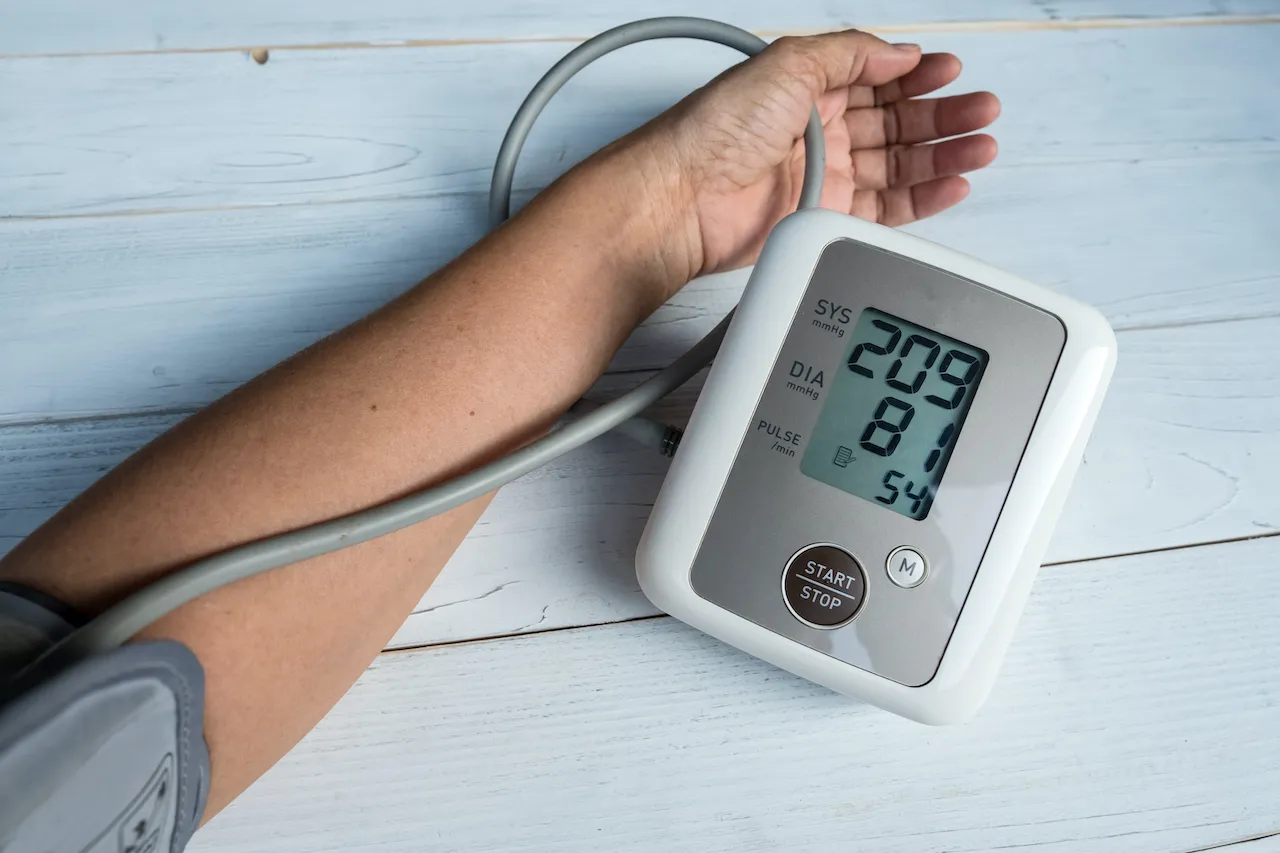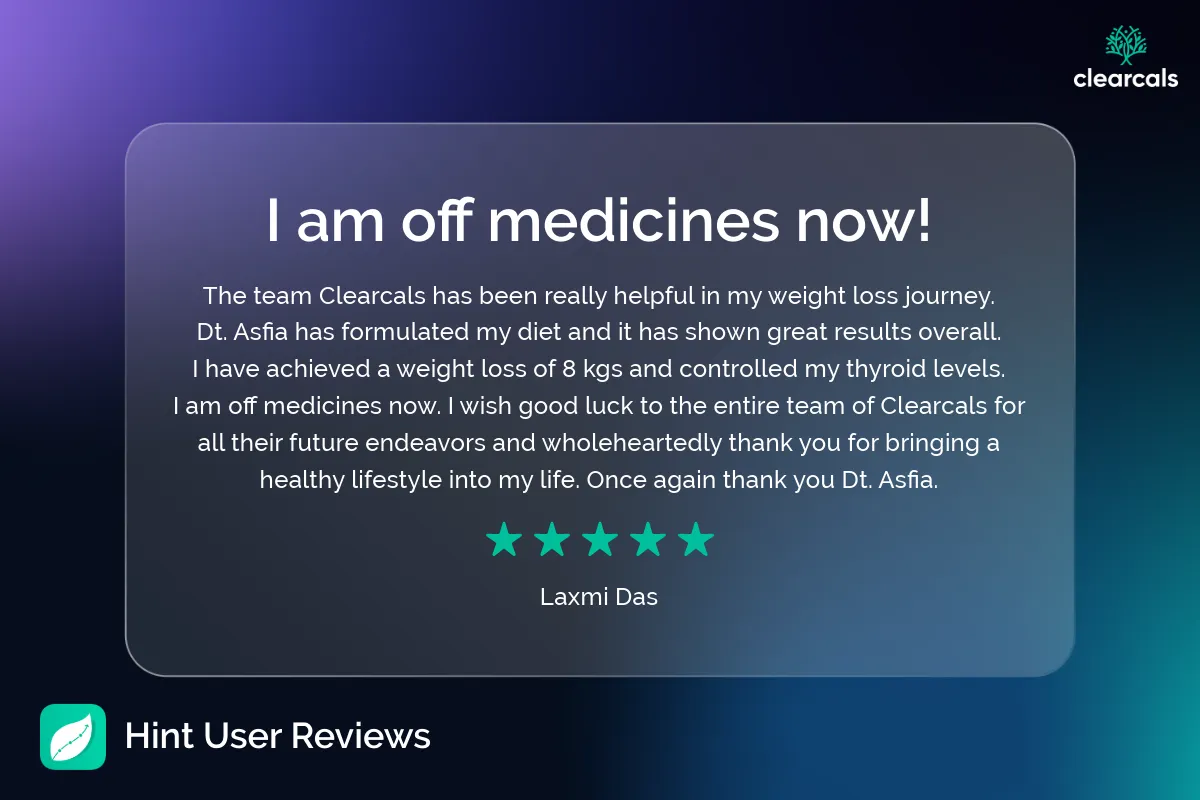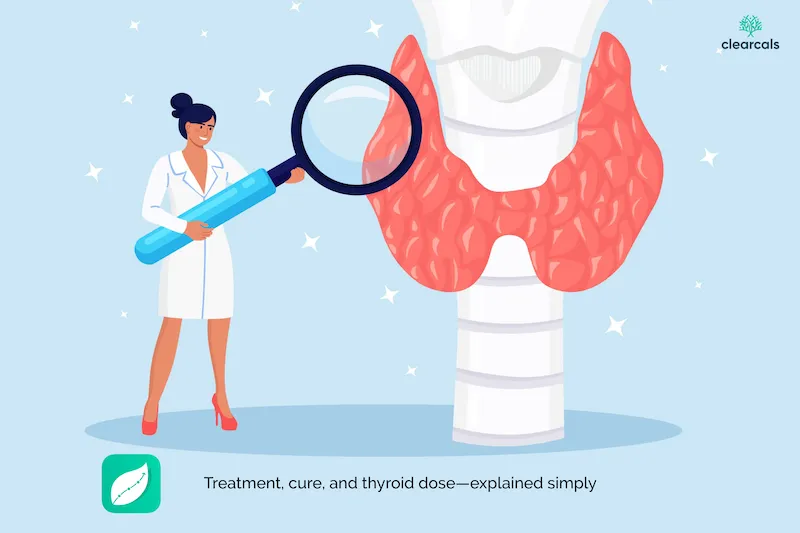Looking for an Indian Food Calorie Calculator?
Hypertension: The Silent Killer and How to Manage It Effectively

Hypertension, also known as high blood pressure, is often referred to as the "silent killer" because it can go unnoticed for years while quietly causing damage to the heart and blood vessels.
If not properly managed, hypertension can lead to severe cardiovascular diseases, including heart attack, stroke, and even death.
In fact, hypertension is more prevalent than diabetes, particularly among young adults in India, according to a study of 1.3 million individuals.
The rising prevalence of hypertension in India, especially among the younger population, is a growing concern. Left untreated, it significantly increases the risk of cardiovascular diseases in the future.
Modifiable Risk Factors for Hypertension
Hypertension can be caused by several modifiable factors:
- Excess salt and fat consumption
- Low intake of fruits and vegetables
- Harmful alcohol use
- Lack of physical activity
- Poor stress management
- Being overweight or obese
Non-modifiable risk factors include family history, age over 65, and conditions like diabetes or kidney disease.
Managing Hypertension: Lifestyle and Diet
Lifestyle modifications can have a profound impact on lowering blood pressure, enhancing the effectiveness of antihypertensive drugs, and reducing the risk of developing cardiovascular diseases. A heart-healthy lifestyle includes:
- Eating a balanced diet low in salt
- Regular physical activity
- Avoiding harmful alcohol consumption
- Quitting smoking
- Managing stress effectively
In most countries, the average salt intake per person is between 9 to 12 grams per day, which is well above the WHO recommendation of less than 5 grams (2 grams of sodium) per day.
Hypertension and Its Complications
Uncontrolled hypertension can lead to serious complications such as:
- Chest pain (angina)
- Heart attack due to blocked blood flow to the heart
- Heart failure, where the heart cannot pump enough blood to the body
- Stroke, resulting from a burst or blocked artery in the brain
- Kidney failure, caused by prolonged high blood pressure damaging kidney arteries
Severe hypertension can also cause fatigue, nausea, vomiting, confusion, and chest pain. It is crucial to manage blood pressure to prevent these life-threatening conditions.
Hypertension Types You Should Know About
- Supine Hypertension: This form of hypertension occurs when blood pressure increases while lying down. It's often seen in patients with autonomic nervous system disorders.
- Accelerated Hypertension: A severe increase in blood pressure that requires immediate medical attention. If left untreated, it can quickly lead to organ damage.
- Benign Hypertension: A less aggressive form of high blood pressure that develops slowly over time but can still cause significant complications if untreated.
- Borderline Hypertension: When blood pressure readings fluctuate between normal and high levels. This condition should be closely monitored as it may develop into sustained hypertension.
- Rebound Hypertension: A condition where blood pressure rises significantly after stopping or lowering doses of blood pressure medications, especially beta blockers.
The Impact of Diet on Hypertension
Several studies have shown the positive effect of dietary changes on blood pressure. Reducing salt intake has been proven to lower systolic and diastolic pressure in both hypertensive and non-hypertensive individuals.
For example, a meta-analysis by He and MacGregor demonstrated that a modest reduction in salt intake over four weeks significantly lowered blood pressure in hypertensive individuals by 5.0 mm Hg systolic and 2.7 mm Hg diastolic.
Similarly, the Dietary Approaches to Stop Hypertension (DASH) diet—which emphasizes fruits, vegetables, and low-fat dairy while reducing saturated fats—has been shown to lower systolic and diastolic pressure by 8 mm Hg and 6 mm Hg, respectively.

DASH Diet Plan on the Hint App
The DASH Diet Plan, available on the Hint app through Hint Pro and Hint Premium, is specifically designed to help manage hypertension. This plan focuses on reducing sodium intake and incorporating heart-healthy foods like fruits, vegetables, whole grains, and lean proteins.
Key features include:
- Personalized Meal Plans: Tailored to your specific health goals, ensuring a low-sodium, nutrient-rich diet.
- Advanced Nutrition Tracking: Track your sodium, fat, and overall nutrient intake to manage blood pressure effectively.
- Unlimited Dietitian Consultations: With Hint Premium, you can access expert dietitians for personalized guidance and support in managing your blood pressure.
Other Hypertension-Related Conditions and FAQs
- Pulmonary Hypertension Self-Care: Managing this condition involves medications, oxygen therapy, and regular monitoring of heart and lung function.
- Permissive Hypertension: Sometimes, blood pressure is intentionally left higher than normal in stroke patients to ensure adequate blood flow to the brain.
- New Hypertension Treatment: New medications and lifestyle interventions continue to evolve, with a focus on personalized treatment.
- Is Morning Hypertension Dangerous?: Yes, high blood pressure in the morning is a strong indicator of future cardiovascular events.
- Asymptomatic Hypertension: This form of hypertension shows no symptoms but still causes damage over time, making regular monitoring essential.
- Nocturnal Hypertension: Blood pressure that remains high during the night is a risk factor for heart disease.
- Labile Hypertension: Fluctuating blood pressure levels can make managing hypertension difficult and increase the risk of complications.
- Malignant Hypertension: A medical emergency where blood pressure spikes extremely high and requires immediate treatment.
Common Hypertension-Related Questions
- Can dehydration raise blood pressure? Yes, dehydration causes blood vessels to constrict, raising blood pressure.
- Is blood pressure higher after eating? Yes, blood pressure can temporarily increase after a meal.
- Does ibuprofen raise blood pressure? Yes, ibuprofen can cause fluid retention and raise blood pressure.
- Does tea help lower blood pressure? Some teas, such as hibiscus and green tea, have been shown to help reduce blood pressure.
- Can anemia cause high blood pressure? Yes, anemia can increase strain on the heart, leading to elevated blood pressure.
For more tips, the Hint app provides a wide range of healthy recipes for hypertension, offering delicious, heart-friendly options that can help keep your blood pressure under control.






